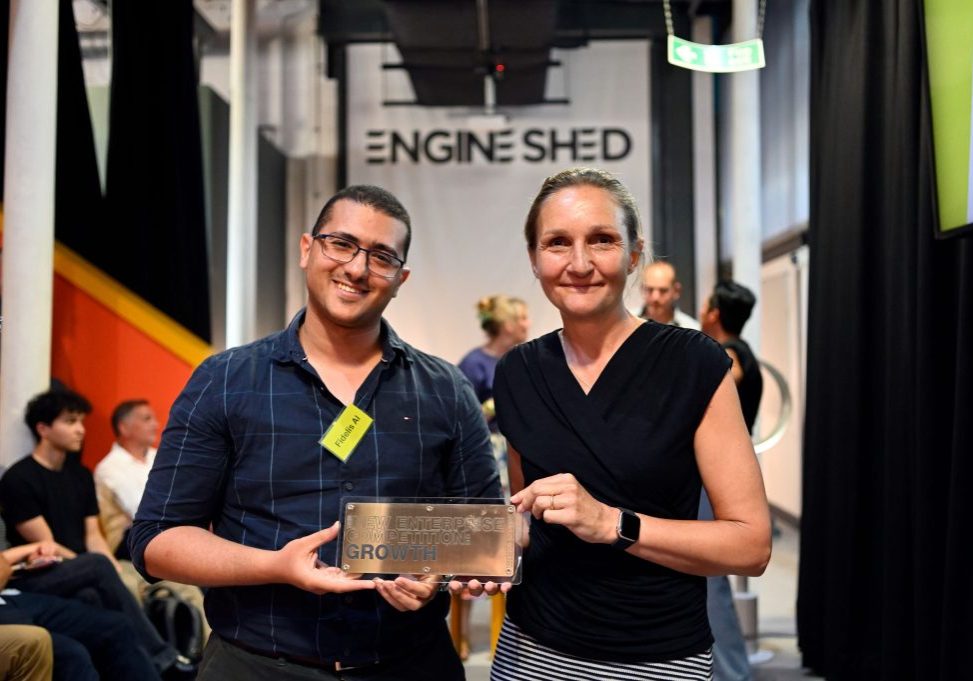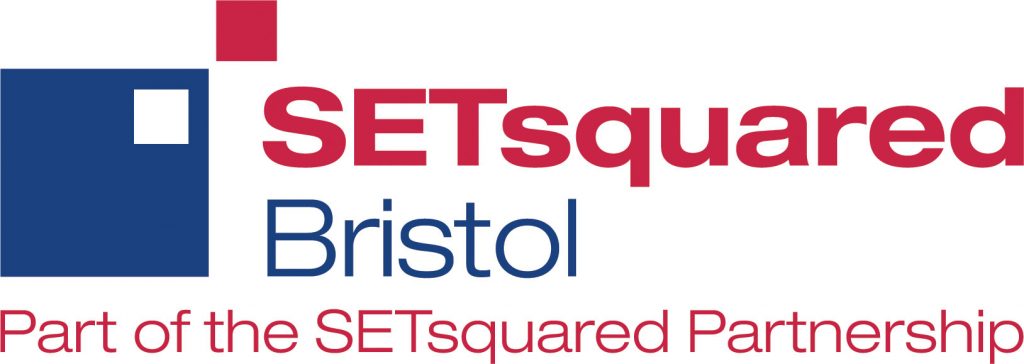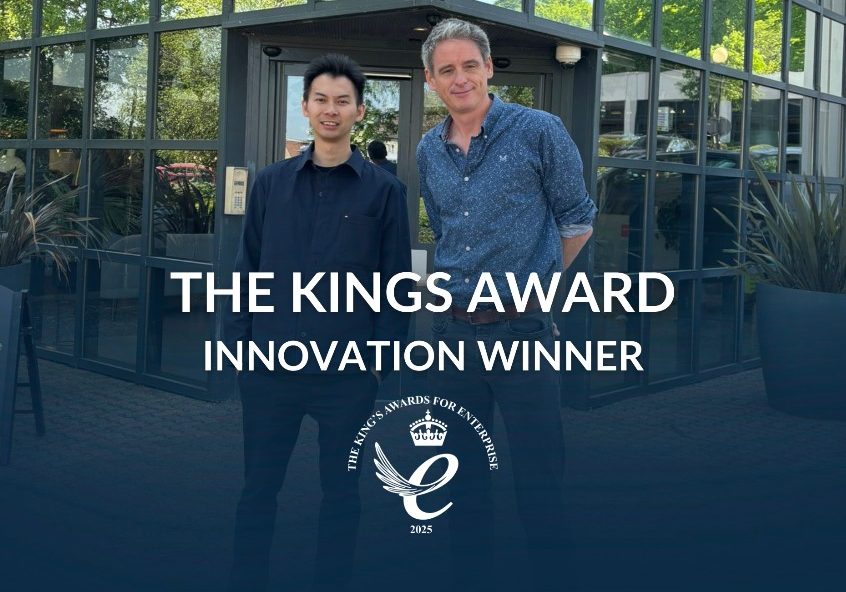FluoretiQ expands its arsenal to fight antimicrobial resistance
Posted by
SETsquared Bristol
Our member and University of Bristol spin-out FluoretiQ, the award-winning medical devices company, has announced a new initiative in its fight against antimicrobial resistance (AMR).
According to a recent Lancet report, AMR isn’t a pandemic in waiting, its already here. AMR infections are estimated to cause 700,000 deaths each year globally. That figure is predicted to rise to 10 million, alongside a cumulative cost of $1 trillion, by 2050 if no action is taken. That’s a hundred times greater than the global economic threat of Covid-19.
FluoretiQ CEO Dr. Neciah Dorh explained:
“Over 250 million times a year, we ask our doctors to treat us for infections without knowing what the causative agent is nor which antibiotic will be the most effective. The result is that CDC data shows that up to 1 in 2 antibiotics are misused. With each misuse, antibiotics become less effective.
We are still heavily reliant on lab-based bacterial culture methods that were invented over 70 years ago, taking up to 48 hours to provide results. Newer molecular methods have improved turnaround times but they can be costly and as a technique, can also be limited in their ability to directly assesses whether an antibiotic will actually work. What’s needed is a suite of diagnostic tools available to rapidly identify infection and prescribe the correct antibiotic within minutes, not days. That’s our mission at FluoretiQ.”
In 2017, University of Bristol invented Sub Cellular Fluctuation Imaging (SCFI); a technique based on total internal reflectance microscopy, enabling real time capture of metabolic activity within bacterial cells. Prof. Massimo Antognozzi together with leading academics from the Faculties of Science, Engineering, Life and Health Sciences have already successfully tested SCFI with both bactericidal and bacteriostatic antibiotics to determine antibiotic susceptibility of Gram-positiveandGram-negative bacteria. SCFI is a fast, phenotypic technique and will provide high quality information that is actionable at the patient bedside.
By entering an exclusive licence agreement with University of Bristol, FluoretiQ acquired the rights to develop and commercialise this technology. This key acquisition will enable the company to build a family of AST products that is complimentary to its bacterial infection diagnosis product line.
Rosalind Darby, Head of Research Commercialisation and Investment at University of Bristol, said:
“FluoretiO has developed a revolutionary technology platform NANOPLEX®, which supports their first product line aimed at diagnosing infections in fifteen minutes flat. Now we are pleased to be able to support FluoretiQ further with this licensing agreement and are proud to be supporting them in their AMR mission.”
Commenting on their new initiative Dr. Dorh said:
“We are passionate about bringing products to market that support the fight against AMR, enable antibiotic stewardship, and sustainable prescribing of antibiotics. We will develop SCFI™ as a sister technology platform to NANOPLEX® to support our AST product line. We want to build products that ensure that clinicians have the right evidence before prescribing and in so doing, extend the useful lifetime of new and existing antibiotics.”
* ”Tackling antimicrobial resistance 2019–2024 The UK’s five-year national action plan”
**“The 2022 LANCET Paper “Global burden of bacterial antimicrobial resistance in 2019: a systematic analysis” Published online on January 20 2022 “Is the most comprehensive estimate of AMR burden to date, collecting data from 204 territories, 23 pathogens and 88 pathogen-antibiotic combinations. Using this data, they were able to estimate disease burden to deaths directly attributable to AMR and deaths associated with AMR, which concluded that AMR is the third leading (GBD level 3) cause of death.” (Source the LANCET)
Recent News, Blogs and Stories



